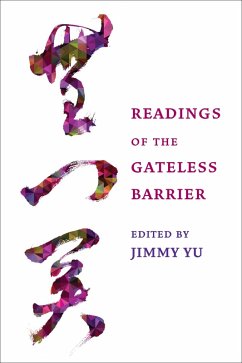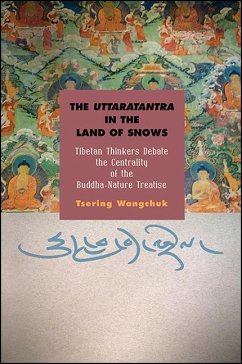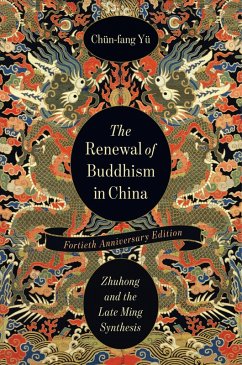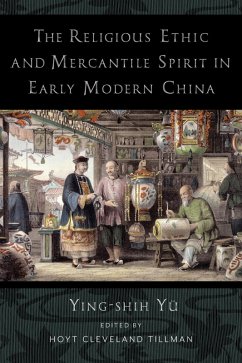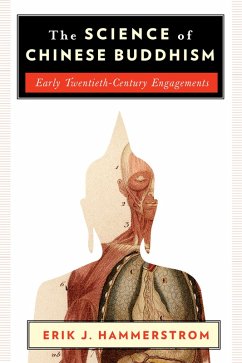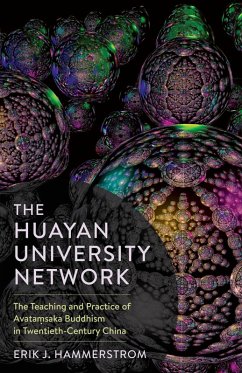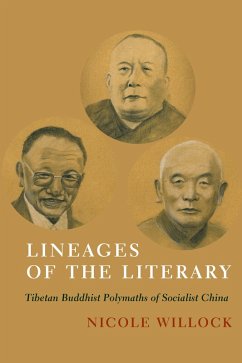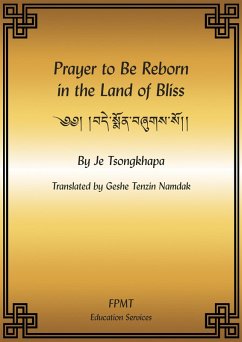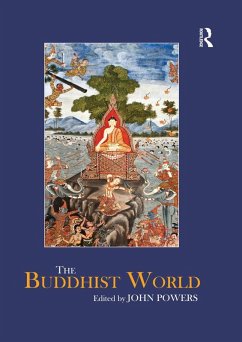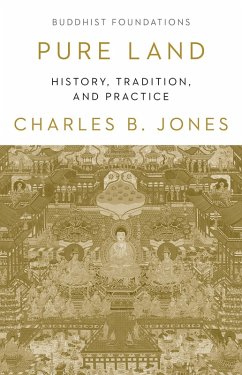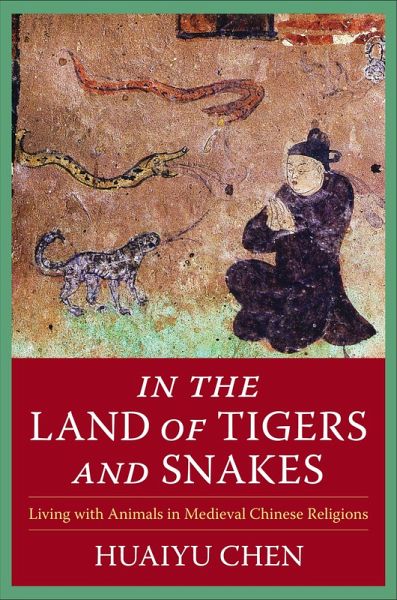
In the Land of Tigers and Snakes (eBook, ePUB)
Living with Animals in Medieval Chinese Religions

PAYBACK Punkte
13 °P sammeln!
Animals play crucial roles in Buddhist thought and practice. However, many symbolically or culturally significant animals found in India, where Buddhism originated, do not inhabit China, to which Buddhism spread in the medieval period. In order to adapt Buddhist ideas and imagery to the Chinese context, writers reinterpreted and modified the meanings different creatures possessed. Medieval sources tell stories of monks taming wild tigers, detail rituals for killing snakes, and even address the question of whether a parrot could achieve enlightenment.Huaiyu Chen examines how Buddhist ideas abou...
Animals play crucial roles in Buddhist thought and practice. However, many symbolically or culturally significant animals found in India, where Buddhism originated, do not inhabit China, to which Buddhism spread in the medieval period. In order to adapt Buddhist ideas and imagery to the Chinese context, writers reinterpreted and modified the meanings different creatures possessed. Medieval sources tell stories of monks taming wild tigers, detail rituals for killing snakes, and even address the question of whether a parrot could achieve enlightenment.
Huaiyu Chen examines how Buddhist ideas about animals changed and were changed by medieval Chinese culture. He explores the entangled relations among animals, religions, the state, and local communities, considering both the multivalent meanings associated with animals and the daily experience of living with the natural world. Chen illustrates how Buddhism influenced Chinese knowledge and experience of animals as well as how Chinese state ideology, Daoism, and local cultic practices reshaped Buddhism. He shows how Buddhism, Confucianism, and Daoism developed doctrines, rituals, discourses, and practices to manage power relations between animals and humans.
Drawing on a wide range of sources, including traditional texts, stone inscriptions, manuscripts, and visual culture, this interdisciplinary book bridges history, religious studies, animal studies, and environmental studies. In examining how Buddhist depictions of the natural world and Chinese taxonomies of animals mutually enriched each other, In the Land of Tigers and Snakes offers a new perspective on how Buddhism took root in Chinese society.
Huaiyu Chen examines how Buddhist ideas about animals changed and were changed by medieval Chinese culture. He explores the entangled relations among animals, religions, the state, and local communities, considering both the multivalent meanings associated with animals and the daily experience of living with the natural world. Chen illustrates how Buddhism influenced Chinese knowledge and experience of animals as well as how Chinese state ideology, Daoism, and local cultic practices reshaped Buddhism. He shows how Buddhism, Confucianism, and Daoism developed doctrines, rituals, discourses, and practices to manage power relations between animals and humans.
Drawing on a wide range of sources, including traditional texts, stone inscriptions, manuscripts, and visual culture, this interdisciplinary book bridges history, religious studies, animal studies, and environmental studies. In examining how Buddhist depictions of the natural world and Chinese taxonomies of animals mutually enriched each other, In the Land of Tigers and Snakes offers a new perspective on how Buddhism took root in Chinese society.
Dieser Download kann aus rechtlichen Gründen nur mit Rechnungsadresse in A, D ausgeliefert werden.




